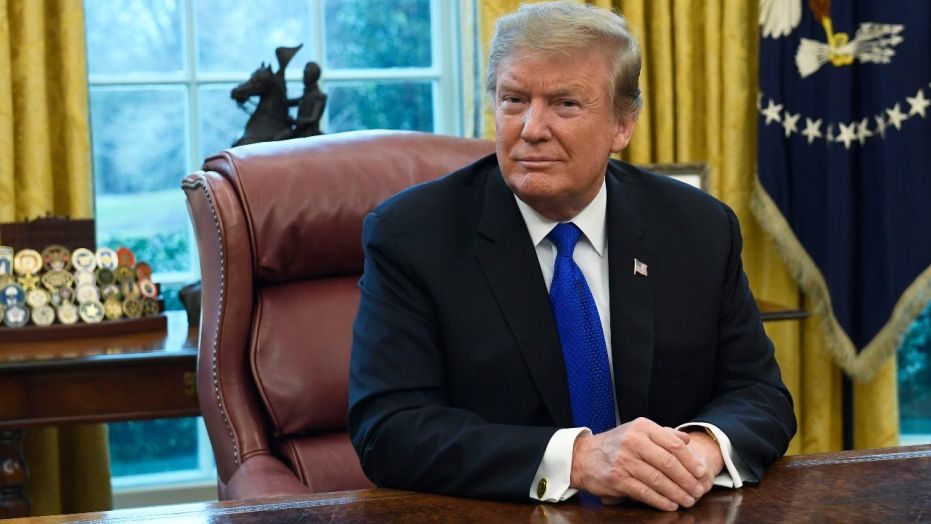Congress has refused President Trump the access to funding for building a wall bordering Mexico. In response, Trump has declared a national emergency in order to obtain billions of dollars for the construction of the wall. President Trump’s declaration is one of 58 national emergencies that have been declared since the National Emergency Act was put forth in 1976.
Historically, Trump’s declaration is similar to former President Ronald Reagan’s declaration of a national emergency. Regan planned a covert operation in Nicaragua and initially had the support of Congress. However, Congressional support soon faltered. President Reagan then went to the military in search for funds. Reagan’s actions were perceived as a defiance of congressional power because “it is the job of the legislature to create the budget,” said Associate Professor of Government Shelley McConnell.
The funds for President Trump’s project include $3.6 billion from declaring a national emergency and $2.5 billion from organizations that combat drug use. An additional $600 million would then be pulled from the Treasury Department, which would impact programs beneficial to the military.
“It’s the use of a state of emergency in order to shift funds from one purpose to another,” said Professor McConnell.
President Trump’s justification for this plan is based on preventing drug smuggling, decreasing criminal activity and halting the flow of illegal immigrants. However, the rate of immigration from Mexico to the United States has decreased in recent years. “You could argue that some of that has to do with the wall,” said Professor McConnell. “I would argue that it has more to do with economic opportunity in the United States.”
Despite the claim of national security, the President’s actions have also called into question the role of the Constitution and the power of Congress. Trump chose to defy congressional power and find the money for the construction of the wall elsewhere.In response, Congress will “try to bring up a resolution opposing the declaration of a national emergency,” said Professor of Government Alan Draper.
If the resolution is passed by the House and the Senate, it is possible for President Trump to veto the proposed resolution, “so the best chance to prevent this is the court,” explained Professor Draper. Four lawsuits have been filed, including one filed by the American Civil Liberties Union (ACLU). The ACLU chose to take action because of concern for the constitutionality of Trump’s declaration.
Due to the substantial time that the court process entails, “the question really is what happens in 2020,” said Professor Draper. By maintaining his campaign promises of building a wall, President Trump is able to maintain the base of his supporters. However, Professor Draper said, “the 2020 election is really the election as to whether this whole thing proceeds.”



